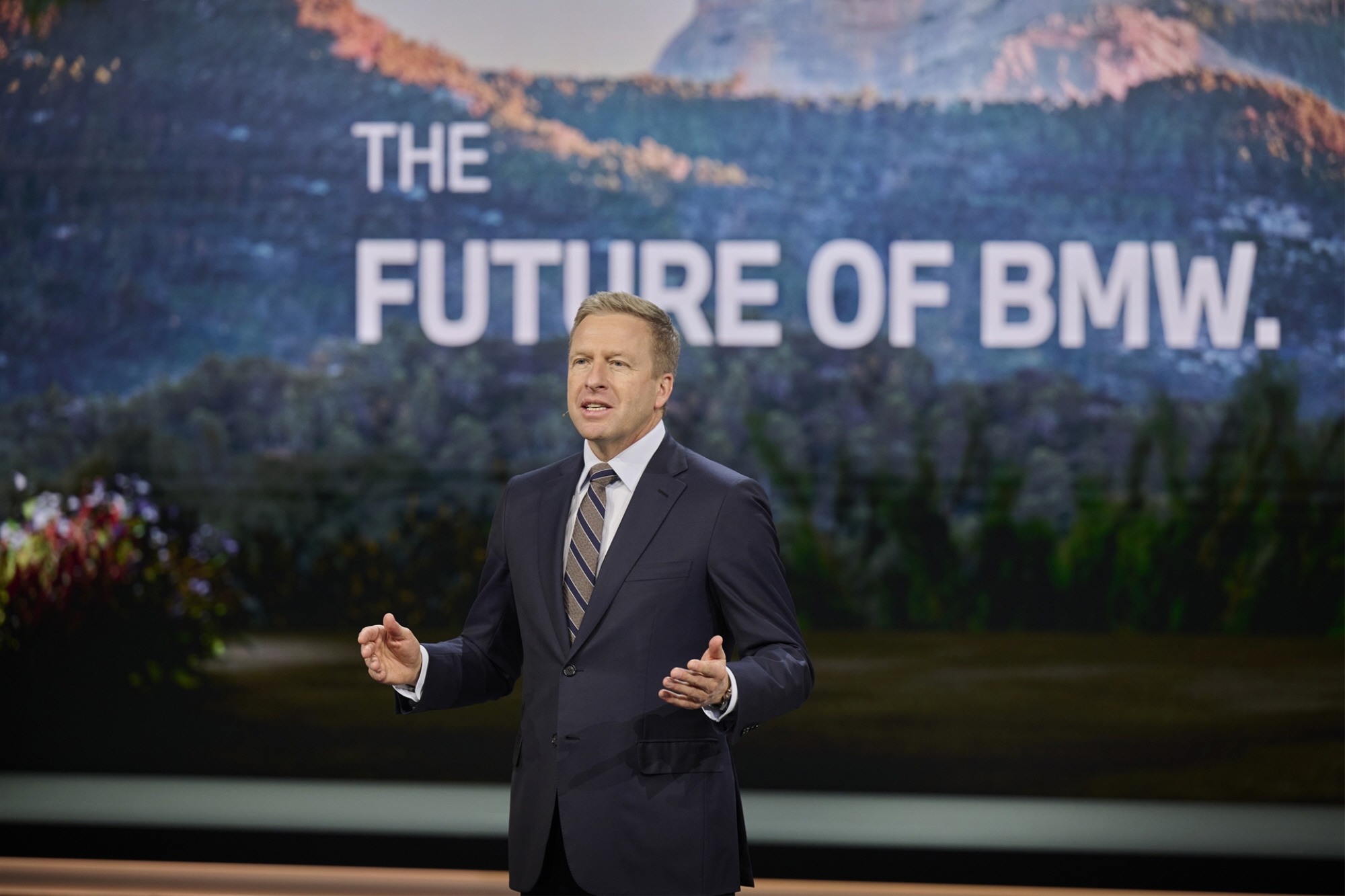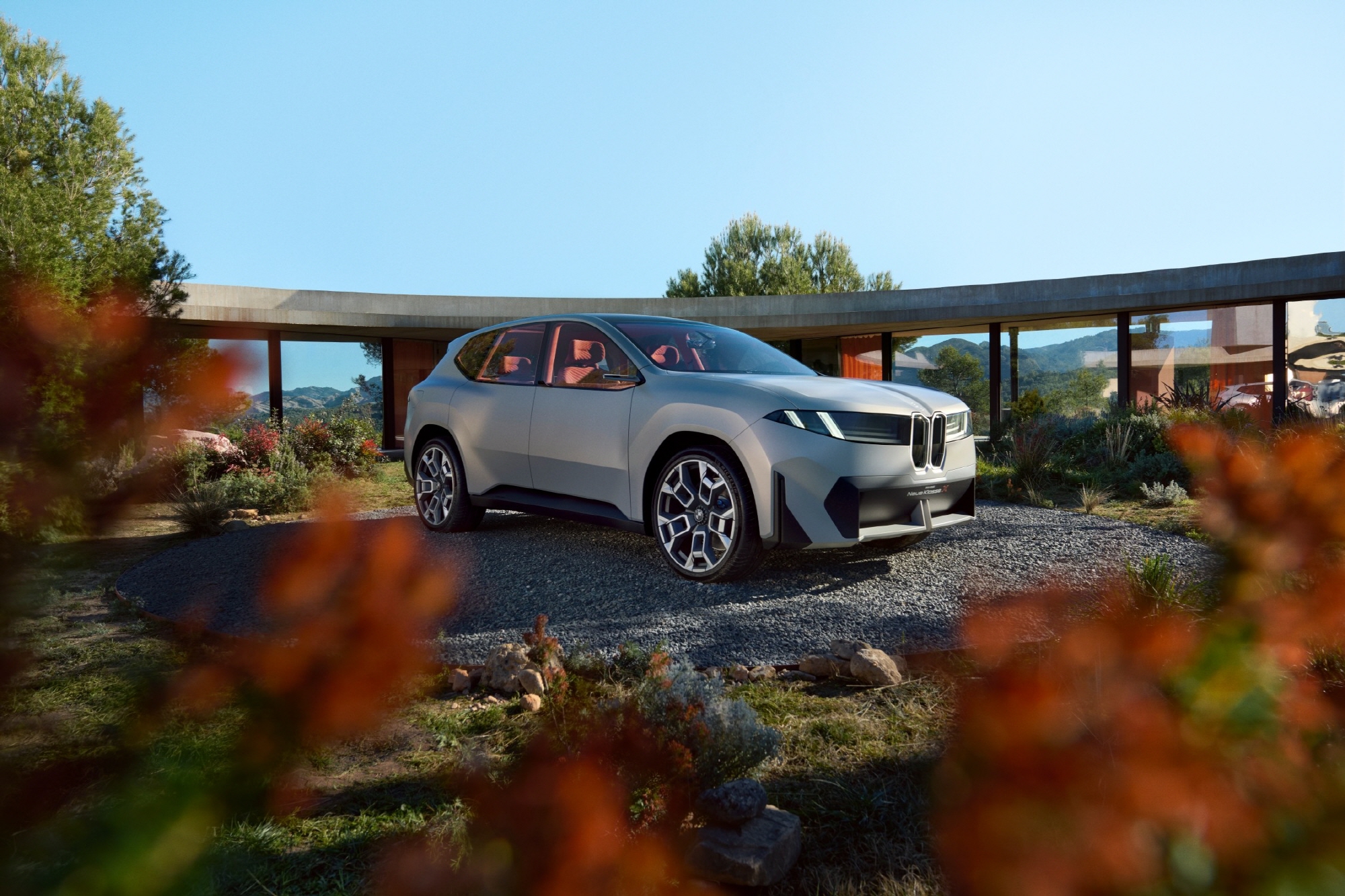
BMW Group announced its 2023 performance and future corporate strategy at its annual press conference in Munich, Germany, on the 21st.
In 2024, BMW Group plans to continue extensive investments in premium automobiles and innovative technologies. The group is building a car production plant in Debrecen, Hungary, while also establishing high-voltage battery assembly facilities in Shenyang, China; Woodruff, USA; San Luis Potosi, Mexico; and Lower Bavaria, Germany. Furthermore, extensive expansions at the Munich plant and the setup of fully electric vehicle production facilities at the MINI Oxford plant are also underway, leading to a peak in capital expenditures for the BMW Group in 2024.
Moreover, investments in research and development (R&D) costs will reach new heights, focusing on digital innovations within vehicles, including connectivity, software stacks, and autonomous driving, as well as electrification of automobiles represented by the Neue Klasse.
Since the beginning of 2024, various product lines have driven growth for BMW Group. Sales of battery electric vehicles (BEVs) for January and February saw a twofold increase year over year. Notably, the U.S. market demonstrated a robust growth trend with BEV sales nearly doubling compared to the same period last year through February. Europe and China also recorded double-digit growth in the delivery of pure electric models. During the same period, sales of high-efficiency internal combustion engine models also increased, showcasing strong customer demand for BMW Group models, regardless of the type of powertrain.
Plug-in hybrid electric vehicles (PHEVs) remain a crucial component of the BMW brand’s electrification strategy. Despite the steep growth of the pure electric vehicle market centered in Europe, demand for PHEV models is expected to remain stable this year. In 2023, BMW Group has already delivered over 560,000 electrified vehicles (BEVs + PHEVs) to customers, accounting for 22% of total BMW Group sales.
To date, BMW Group has sold more than 2 million electrified vehicles (BEVs + PHEVs) to customers, with approximately 55% being PHEVs and about 45% pure electric vehicles. However, in recent years, sales of pure electric vehicles have been increasing at a much faster rate compared to PHEV models.
MINI and Rolls-Royce are undergoing brand restructuring aimed at complete electrification by the early 2030s. The new MINI family and the Rolls-Royce Spectre are indicators of this shift, and orders for the Rolls-Royce Spectre extend to delivery in 2025. The new MINI Countryman, which is being produced for the first time at BMW Group’s Leipzig plant, will have both pure electric and internal combustion models produced here.
BMW Group is expected to maintain steady growth over the next few years, based on its diverse lineup of pure electric vehicles. Starting in 2025, they plan to accelerate their strategy in the e-mobility market with the impressive materials-based Neue Klasse. Depending on the market conditions and improvements in material costs and availability in the latter half of the 2020s, it is possible that more than half of BMW Group’s global sales will be pure electric vehicles before 2030. Including PHEV models, this proportion will further increase.
The BMW Vision Neue Klasse X illustrates how the three main characteristics of electrification, digitalization, and circularity can expand into a different dimension. It enhances BMW’s core value of ‘driving pleasure’ through drive and chassis control technology developed specifically for Neue Klasse and the sixth-generation BMW eDrive technology.
Four new electronic control units (ECUs) set to be integrated into future BMW vehicles make this advancement possible. Of these, two highly integrated ECUs intelligently process tasks that were previously handled separately. The first control unit, based on a new software stack developed in-house by BMW Group, possesses over ten times the processing power of its predecessors and integrates the entire powertrain and dynamic aspects. The second control unit is expected to achieve significant advancements in autonomous driving. Additionally, the details of the third ECU, responsible for connectivity and infotainment, and the fourth ECU integrating over 100 core vehicle functions, will be provided in the future.
The sixth-generation BMW eDrive technology not only greatly improves electric drive systems, but also enhances many aspects. The battery has adopted new cylindrical lithium-ion cells, which have an energy density over 20% higher than the previously used prismatic battery cells and, by transitioning to an 800V system, charging speeds have increased by up to 30%. This allows for around 300km of driving range with just a 10-minute charge. Additionally, the driving range has increased by up to 30%, and compared to the current fifth-generation eDrive system, the prices of the sixth-generation motor and high-voltage battery have been reduced by about 40-50%, contributing to cost savings.
The BMW Vision Neue Klasse X also demonstrates impressive improvements in aerodynamics. Compared to current models, drag has been reduced by around 20%, and the new tire design and special braking system for pure electric vehicles enhance overall vehicle efficiency by up to 25%.
At CES 2023 in Las Vegas, BMW Group presented a vision for future digital experiences along with the BMW i Vision Dee. The new BMW iDrive introduced through the BMW Vision Neue Klasse X is based on a highly integrated software architecture and the next generation BMW operating system.
BMW Panoramic Vision, showcased through the BMW Vision Neue Klasse X, utilizes the entire lower area of the front windshield as a display to present key information. Improved BMW 3D head-up displays will be added to mass-produced models of Neue Klasse. With the new multifunction button steering wheel, central display, and advanced voice control system featuring the BMW Intelligent Personal Assistant, BMW iDrive will elevate driver-vehicle interaction to an entirely new level.
BMW Group anticipates that to meet individual drivers’ expectations for mobility while also contributing to carbon reduction in the transport sector, a range of existing high-efficiency drive technologies will still be required.
As such, BMW Group is systematically pursuing the development of hydrogen fuel cell technology as an additional option for carbon-free mobility, and plans to unveil mass-produced hydrogen fuel cell vehicles (FCEVs) in the latter half of the 2020s, depending on market demands and conditions. Last year, BMW revealed the BMW iX5 Hydrogen pilot model to worldwide media, successfully conducting demonstrations and tests with various target groups thereafter.
The drive system of the BMW iX5 Hydrogen, equipped with high-performance fuel cells and optimized power batteries, boasts outstanding efficiency and performance. The gaseous hydrogen supplied to the fuel cells is stored in two 700-bar tanks made of carbon fiber reinforced plastic (CFRP). Together, they can store approximately 6kg of hydrogen fuel, enabling about 500km of driving range (WLTP standard) on a single hydrogen fill-up. Refueling the hydrogen tanks takes only 3-4 minutes, allowing for long-distance travel with just a few short stops, while still enjoying BMW’s signature driving pleasure.
BMW Group concluded the 2023 fiscal year successfully, with sales and net profit rising due to strong competitive products and high demand. Sales volume recorded a 6.4% increase from the previous year, totaling 2,554,183 units, with pure electric vehicle sales rising by 74.2% compared to last year, totaling 375,000 units. Group revenue reached €155.498 billion, a 9% rise from the previous year.

Lee Sang-jin daedusj@autodiary.k

